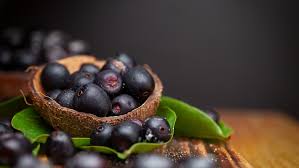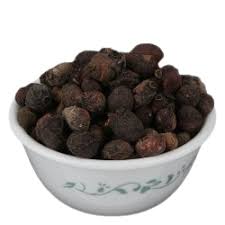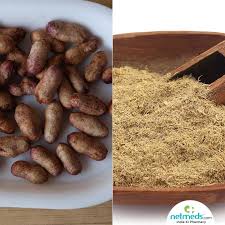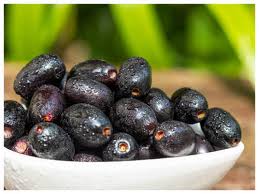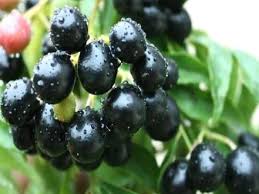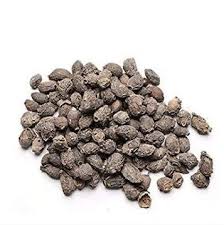
Bapchi Seed (Babchi): Benefits, Uses & Side Effects Explained
Bapchi seed, commonly known as Babchi (Psoralea corylifolia), is a powerful medicinal herb used in Ayurveda, Unani, and Traditional Chinese Medicine for its skin-healing, antifungal, and anti-inflammatory properties. Rich in psoralen and other bioactive compounds, Babchi is widely recognized for its effectiveness in treating vitiligo, psoriasis, and other skin conditions. It also plays a crucial role in improving bone health, hair growth, and hormonal balance. However, like any herbal remedy, Babchi comes with potential side effects if not used properly. In this guide, we will explore its benefits, uses, and precautions to help you make the most of this ancient remedy.
Long Description
What is Babchi (Bapchi) Seed?
Babchi, or Bapchi seed, is a small, brownish-black seed derived from the Psoralea corylifolia plant. This herb is widely used in Ayurvedic and Siddha medicine due to its powerful medicinal properties. It contains psoralen, a compound known for its skin-healing abilities, particularly in treating leucoderma, eczema, and other pigmentation disorders.
Health Benefits of Babchi (Bapchi) Seeds
1. Promotes Skin Health
- Babchi seed is a natural remedy for vitiligo and helps restore skin pigmentation.
- It contains psoralen, which increases skin sensitivity to UV light, promoting melanin production.
- Effective in treating psoriasis, eczema, and fungal infections.
2. Boosts Hair Growth
- Strengthens hair roots and prevents premature graying.
- Stimulates blood circulation to the scalp, promoting thicker and healthier hair.
- Used in Ayurvedic oils for dandruff control.
3. Supports Bone and Joint Health
- Contains anti-inflammatory properties that help reduce symptoms of arthritis and osteoporosis.
- Enhances calcium absorption and strengthens bones.
4. Improves Reproductive Health
- Acts as a natural aphrodisiac, improving fertility in both men and women.
- Helps regulate hormonal imbalances in women.
5. Aids in Digestion and Detoxification
- Supports liver function and aids in toxin removal.
- Helps with indigestion, bloating, and intestinal disorders.
How to Use Babchi Seeds?
1. Babchi Oil for Skin
- Mix Babchi oil with coconut or almond oil and apply it to affected areas for skin conditions.
- Use in moderation, as excessive use can cause skin irritation.
2. Babchi Powder for Internal Use
- Consume 1-2 grams of Babchi powder with warm water or honey daily.
- Can be used in Ayurvedic formulations for better digestion and immunity.
3. Babchi in Hair Care
- Add Babchi oil to coconut oil and massage onto the scalp.
- Helps reduce hair fall, dandruff, and scalp infections.
Side Effects & Precautions
Although Babchi seeds offer multiple health benefits, overuse or improper application can cause:
- Skin irritation or burns when applied directly without dilution.
- Digestive discomfort if consumed in large quantities.
- Liver toxicity if taken excessively for a prolonged period.
- Sun sensitivity, leading to rashes or sunburns.
Precautions:
✅ Always do a patch test before applying Babchi oil to the skin.
✅ Consult a doctor before using Babchi for pregnancy, liver conditions, or medications.
✅ Avoid direct sun exposure after using Babchi-based treatments.
SEO Tags for Dirghaanshi
Primary Keywords:
✅ Babchi benefits, Bapchi uses, Babchi side effects, Psoralea corylifolia, Babchi for skin, Ayurvedic herbs for vitiligo
Secondary Keywords:
✅ Babchi oil for hair growth, Babchi powder, Babchi seeds for pigmentation, natural treatment for vitiligo, Ayurveda for skin problems
Long-tail Keywords:
✅ How to use Babchi for vitiligo?
✅ Best Ayurvedic herbs for skin health
✅ Babchi oil vs Babchi powder – Which is better?
✅ Is Babchi safe for daily use?
✅ Natural remedies for psoriasis and eczema


